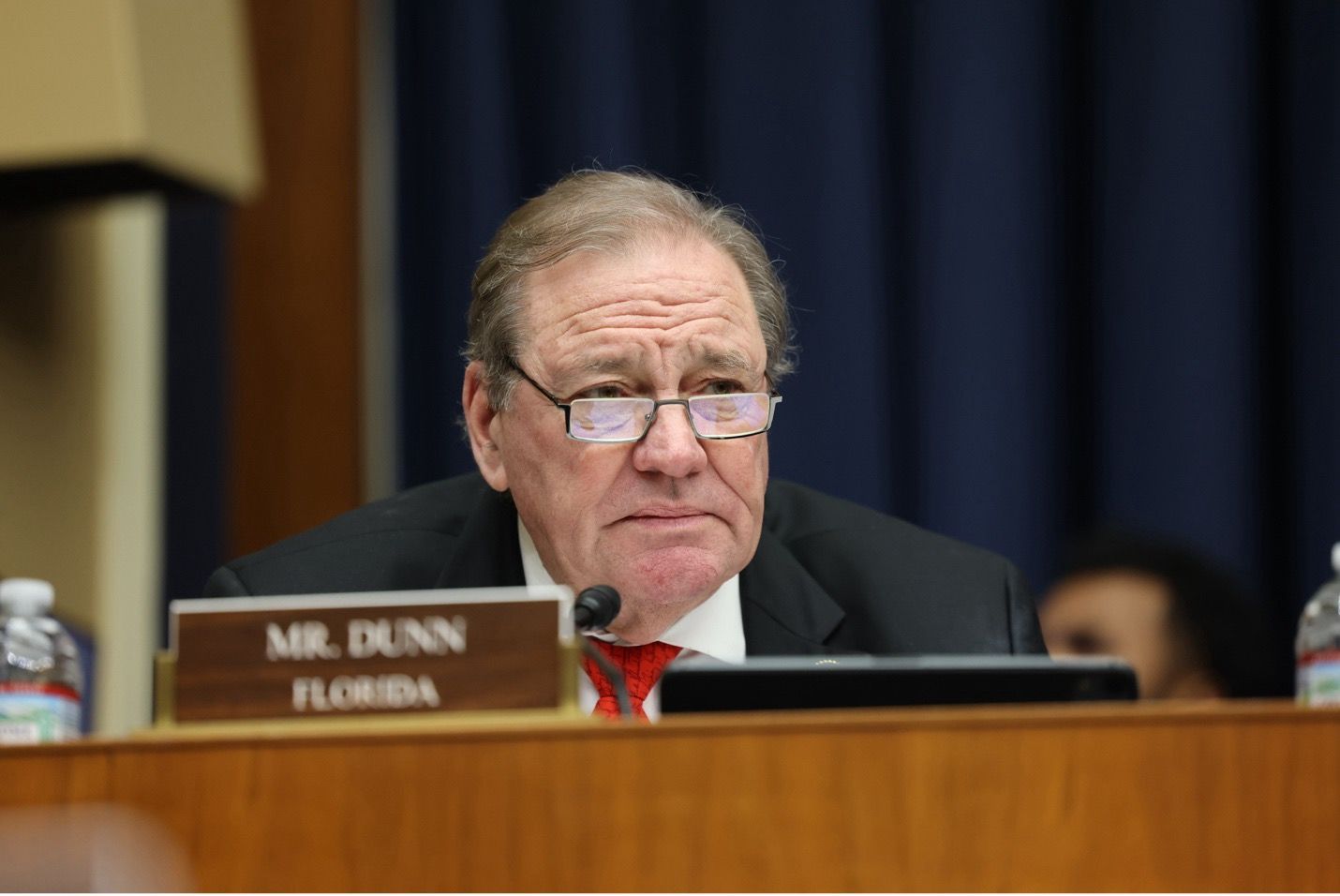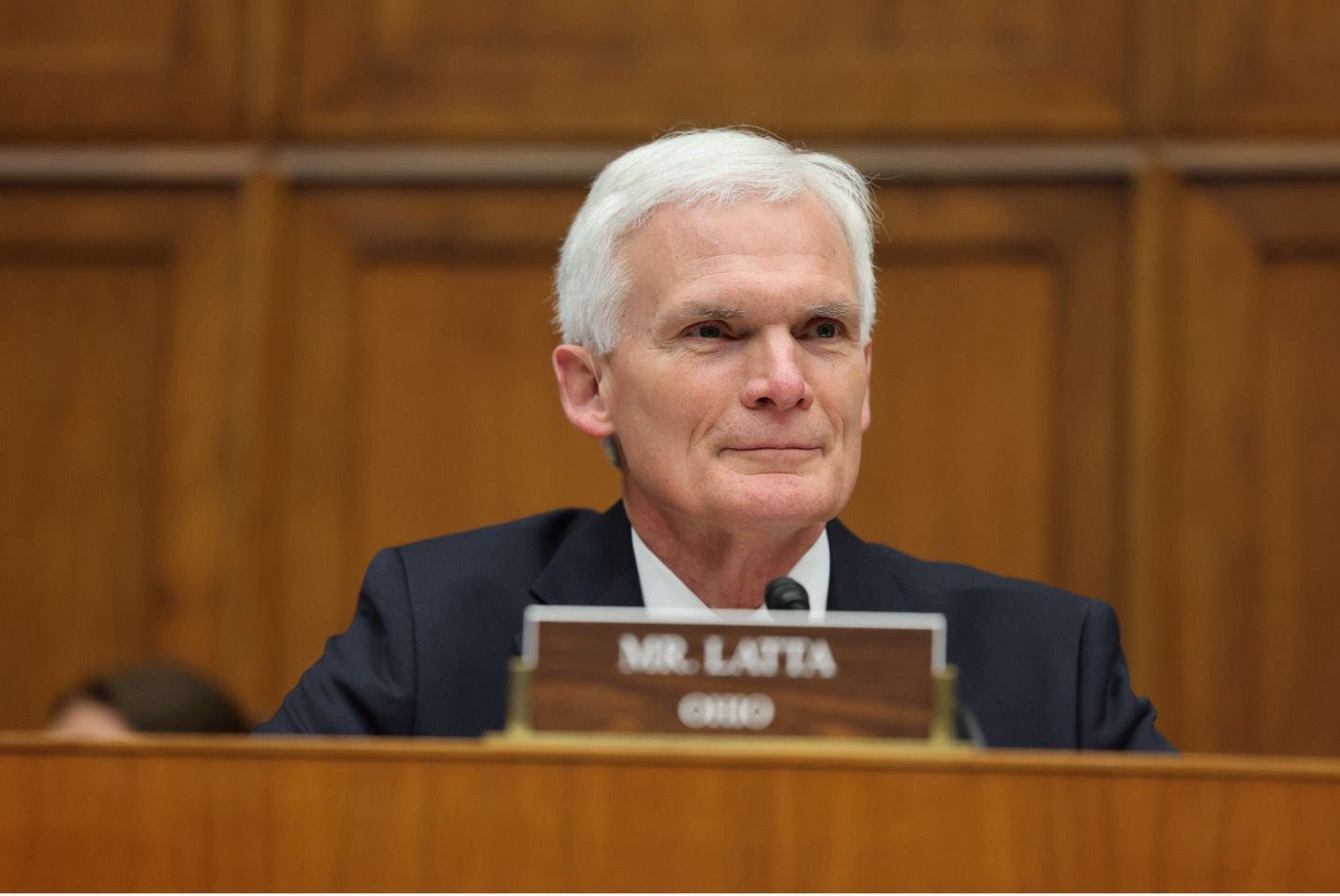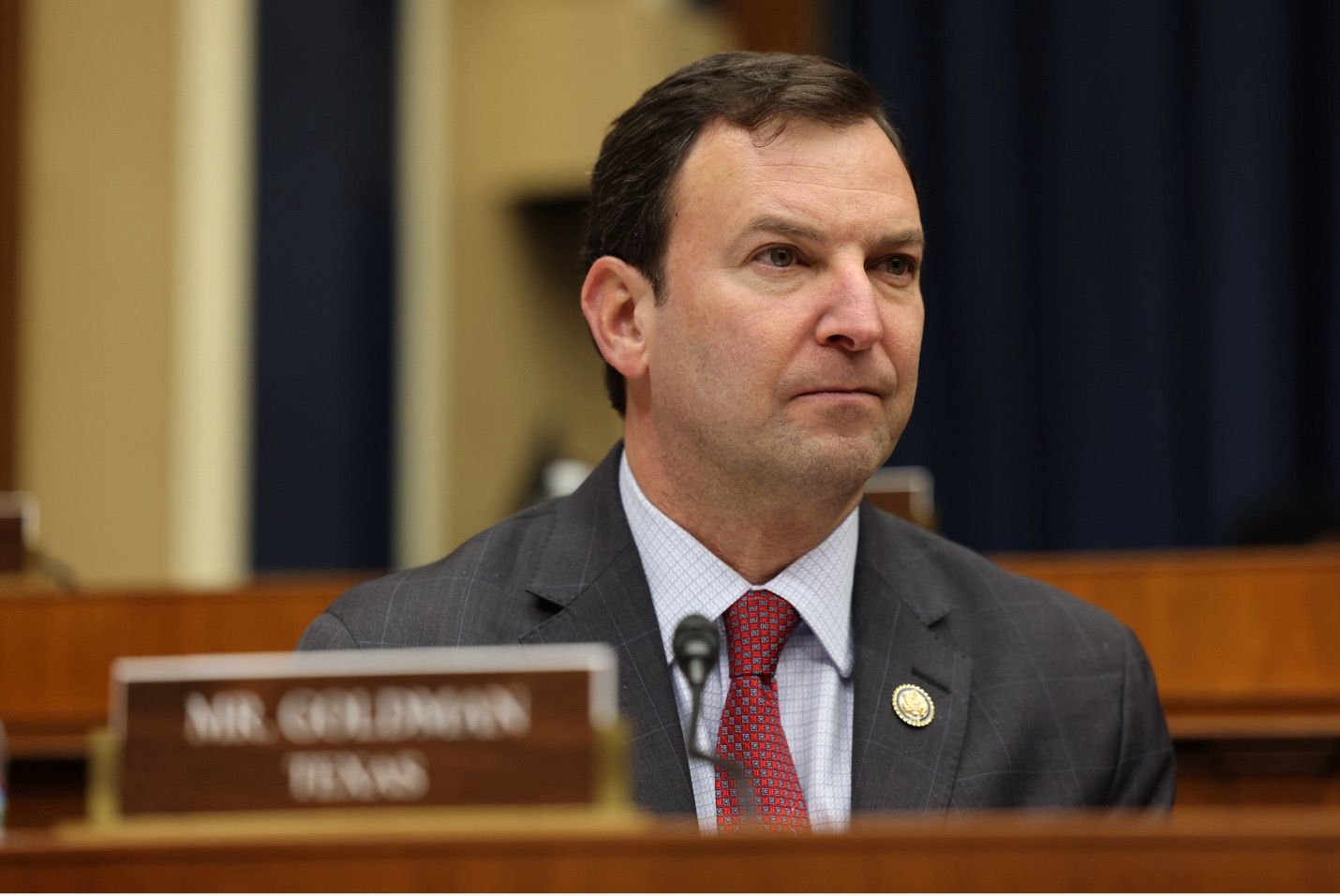WASHINGTON, D.C. – Congressman Richard Hudson (NC-09), Chairman of the Subcommittee on Communications and Technology, delivered the following opening statement at today’s hearing titled Evaluating FirstNet: Performance, Accountability, and Reauthorization.
Subcommittee Chairman Hudson’s opening statement as prepared for delivery:
“Good morning, and welcome to today’s legislative hearing on the First Responder Network Authority, or FirstNet. FirstNet’s authorization expires at the beginning of next year, and it is this Committee’s duty to reauthorize the program before it expires. In the process, we should examine FirstNet’s activities since its creation 15 years ago and make any changes necessary to improve its performance. The future of public safety relies on safe resources like FirstNet, so thank you all for joining us to ensure our country is taken care of in times of need.
“During the horrific terrorist attacks on September 11, 2001, first responders from different agencies found they could not communicate with each other because they used different radio systems, and overloaded networks prevented communications from going through. In the aftermath of these attacks, Congress stood up the 9/11 Commission, which made recommendations to prepare for and guard against future attacks. One of those recommendations led to Congress establishing FirstNet, a nationwide broadband network specifically built for public safety.
“FirstNet was allocated 20 megahertz of spectrum and $7 billion to build out the network in all 50 states and the territories. In 2017, AT&T was selected to deploy this network. Shortly after, FirstNet began providing priority and preemption. During a crisis when there is increased network traffic, non-FirstNet AT&T subscribers will be removed from the priority line to ensure first responders can always make the call. On December 20, 2023, the FirstNet Authority verified the initial nationwide buildout of the network.
“However, the successful buildout of this network does not mean it has not faced challenges. Since 2014, the Department of Commerce Office of Inspector General (OIG) has issued 21 reports regarding significant concerns about FirstNet and the deployment of the nationwide public safety broadband network, its operational responses, and other administrative matters.
“Several of these reports highlight contract oversight shortcomings, resulting in modified buildout objectives that jeopardize first responders’ ability to do their jobs. Other reports indicate a failure of the network to adequately respond to a natural disaster, and that a senior official at FirstNet interfered with the OIG’s investigations and retaliated against whistleblowers who cooperated with the OIG.
“This Committee’s work over the last several months has also identified a consistent and troubling finding: the ambiguous language regarding FirstNet’s independence—while simultaneously placing it directly within an Executive Branch agency—has created confusion and strife for all parties involved when trying to manage this program. To ensure the long-term success of FirstNet, it is imperative there is clear and consistent leadership.
“This leadership must be able to work hand-in-hand with the FirstNet board, not against it. I would like to emphasize that this draft legislation does not, in any way, remove the statutory requirement to have a Board, or their responsibilities to the First Responder Network Authority. The Board is a valuable component of FirstNet and crucial for ensuring the experience and needs of first responders and the general public, not government bureaucracy, are reflected in the direction of the network.
“Additionally, we must ensure that this network can evolve along with the technological landscape. Networks of 15 years ago are different than those of today and could be even more different 15 years from now. For the benefit of first responders, FirstNet should have the statutory flexibility to incorporate new network technologies to provide the most advanced service that public safety requires.
“I want to be clear, FirstNet has succeeded despite the challenges it’s faced, and I would like to commend AT&T for building a nationwide safety communications network, making it a success and continuing to build it out and improve for the safety of others, and being the only ones to take it on. Congress is here to evaluate this program to ensure its long-term success for our first responders. Today is the first step to reauthorize the program.
“With FirstNet’s statutory authority set to expire in 2027, it’s time for Congress to assess FirstNet’s progress and ensure that we provide a governing structure that sets up FirstNet to succeed in the future.
“Today, we will hear from our witnesses who are directly involved with FirstNet about the current state the network, and how the legislation before us will strengthen the First Responder Network Authority.”


